Supporting Scotland’s footballers is like living in your own movie version of Groundhog Day.
There are all the expectations and fanfare and the feeling that matters will be different this time….followed by the same groaning realisation that nothing has changed.
It’s not so much the Scots have been knocked out of the European Championship after losing 1-0 to Hungary, but the pedestrian nature of the defeat which sticks in the craw.
I’ve been watching these scripts unravel for the last 50 years, going back to another tournament in Germany – the 1974 World Cup – when Willie Ormond’s squad went up against Brazil, Yugoslavia and Zaire, didn’t lose a match and STILL got eliminated.
And they had a far superior squad to the hard-working but limited personnel available to the current manager Steve Clarke.
But here’s the thing. What do we want from our national team? Do we want them and the Tartan Army to be more ruthless and uncompromising and less of the happy travellers who seem content to gain an invitation to the party rather than do anything once they have actually turned up?
A new steely edge would certainly help, given the fashion in which football dominates our sporting coverage to the stage where almost nothing else gains column inches.
Murray didn’t want to be lawn ranger
In which light, I think it’s instructive to look at somebody such as Andy Murray, who is close to the end of a magnificent haul of honours in global tennis.
At the start of his career, he had the opportunity to sign for Rangers, but stuck with a game where he amassed three Grand Slam titles and a brace of Olympic gold medals.
He could have basked in Blighty and been content to swan around as his country’s No 1. Instead, he chose to travel to Spain as a teenager and famously said he would rather be No 65 in the world rankings than a big fish in his homeland. He knew the score.
No doubt, Clarke will come under pressure in the days ahead. The boss, who makes the Rev I M Jolly seem like a ray of sunshine, has already been vilified and castigated and, considering the negativity of his team selections, that’s to be expected.
Tartan Army did their country proud
But, once again, it’s not as if the Scots’ elimination should have been any seismic shock, considering how poorly the side had done in the build-up to the tournament where their only victory was against Gibraltar.
Yet, once again, the tabloids and the fans brought into the notion this group of players could make history without a evidence to justify a situation where 250,000 Saltire-waving supporters flocked to Germany and did a wonderful job as ambassadors.
The population argument, which is occasionally dragged out in some quarters, doesn’t stand up to scrutiny either.
Yes, Scotland is a small country, compared to England, France, Germany or Spain, but other nations with fewer people than us – who are blessed with better facilities and infrastructure and government investment – have thrived on the international stage, including Croatia (4.3 million), Slovakia (5.4m) and Denmark (5.9m).
And look at Iceland, who have only 380,000 people, yet have beaten England twice during the last eight years, including at the 2016 European Championships where they qualified for the quarter-finals.
History keeps repeating itself
But here we are, in the same position as in 1974, 1978, 1982, 1986, 1990, 1996 and 1998 and without even the glory of Archie Gemmill’s goal against Holland n Argentina, David Narey’s majestic strike against Brazil and the excitement of being involved in the opening match of the 1998 World Cup in France where the late Craig Brown’s men put up a spirited performance against the Brazilians.
Granted, yes, I know, it ended in defeat, but there was something substantial about that performance which was sorely lacking this time round.
And the “No Scotland, No Party” line is fairly patronising nonsense once you start to think about it. The Euro party will continue just fine for another three weeks.
Only, once again, we’ll be back home too soon!
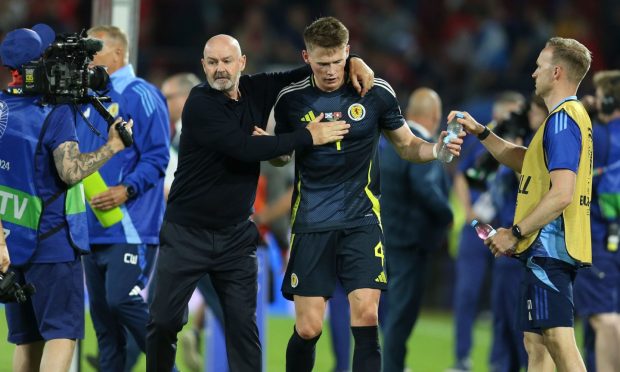
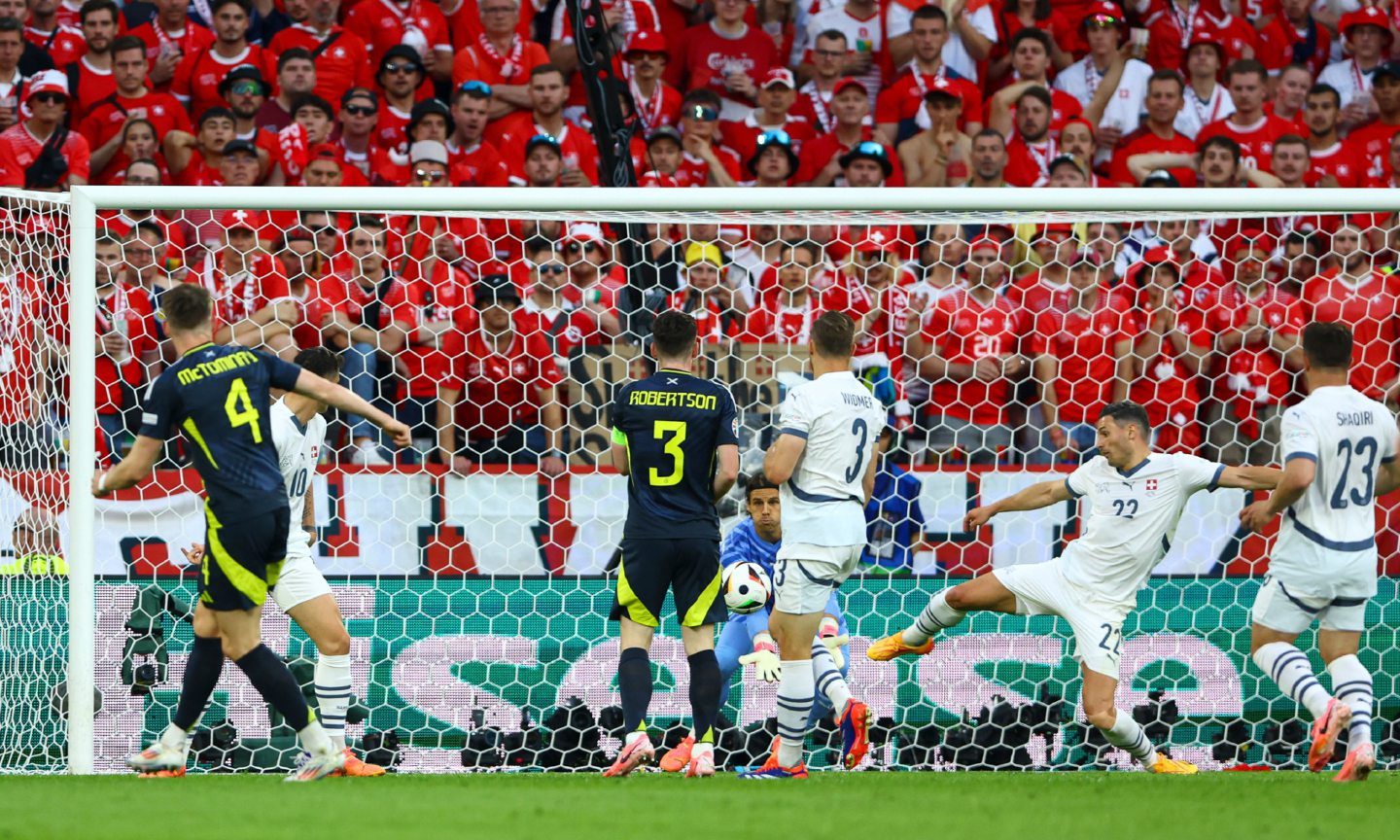
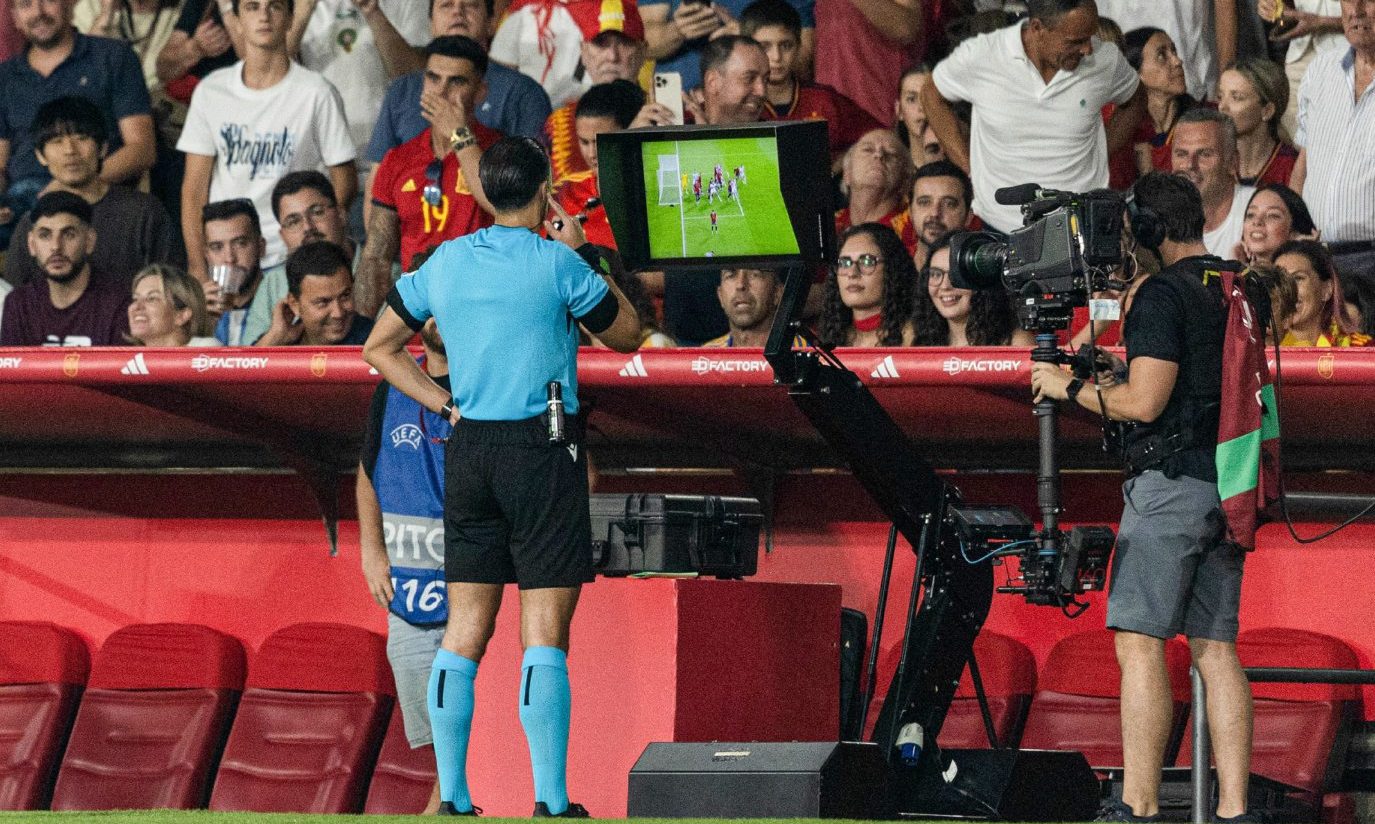
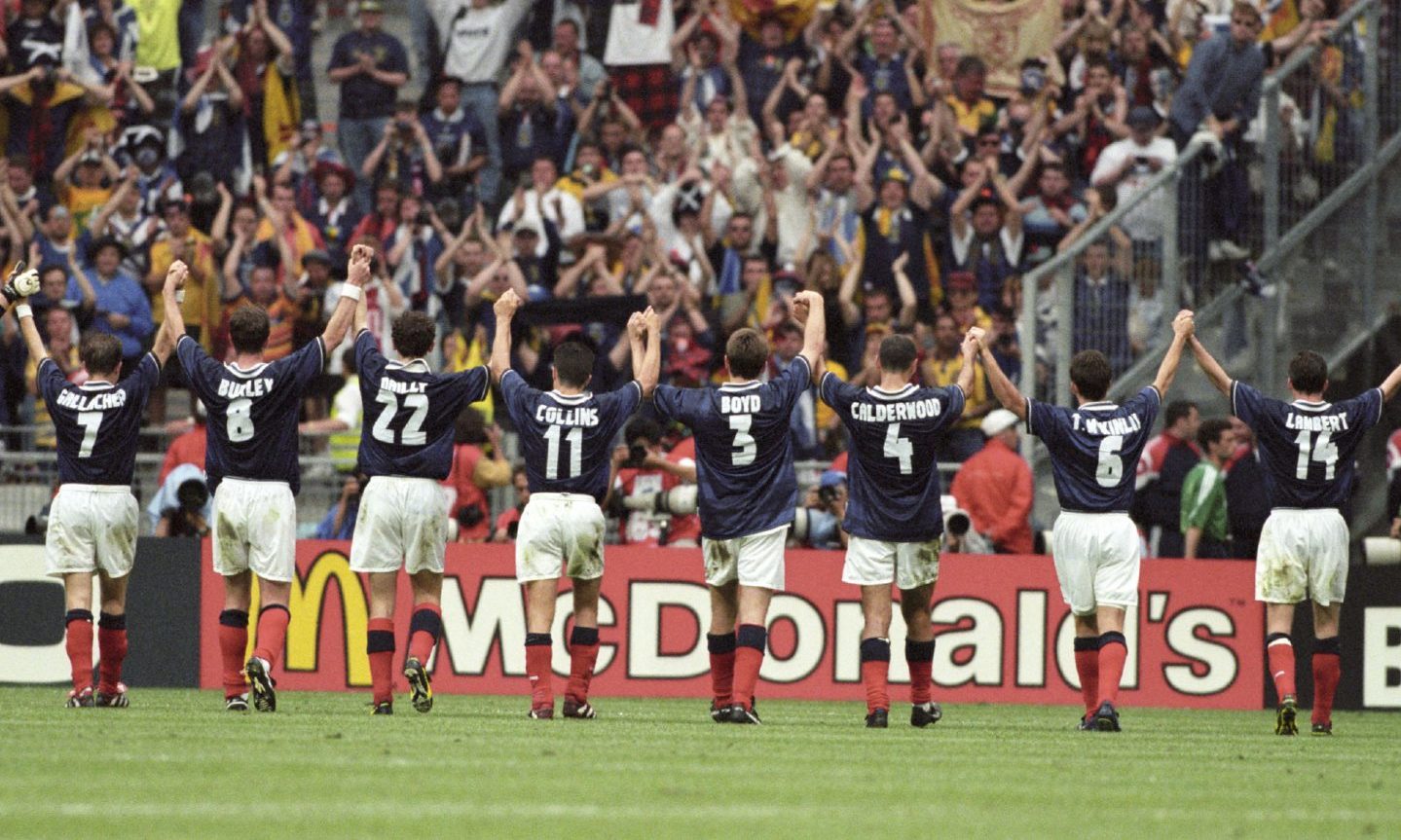
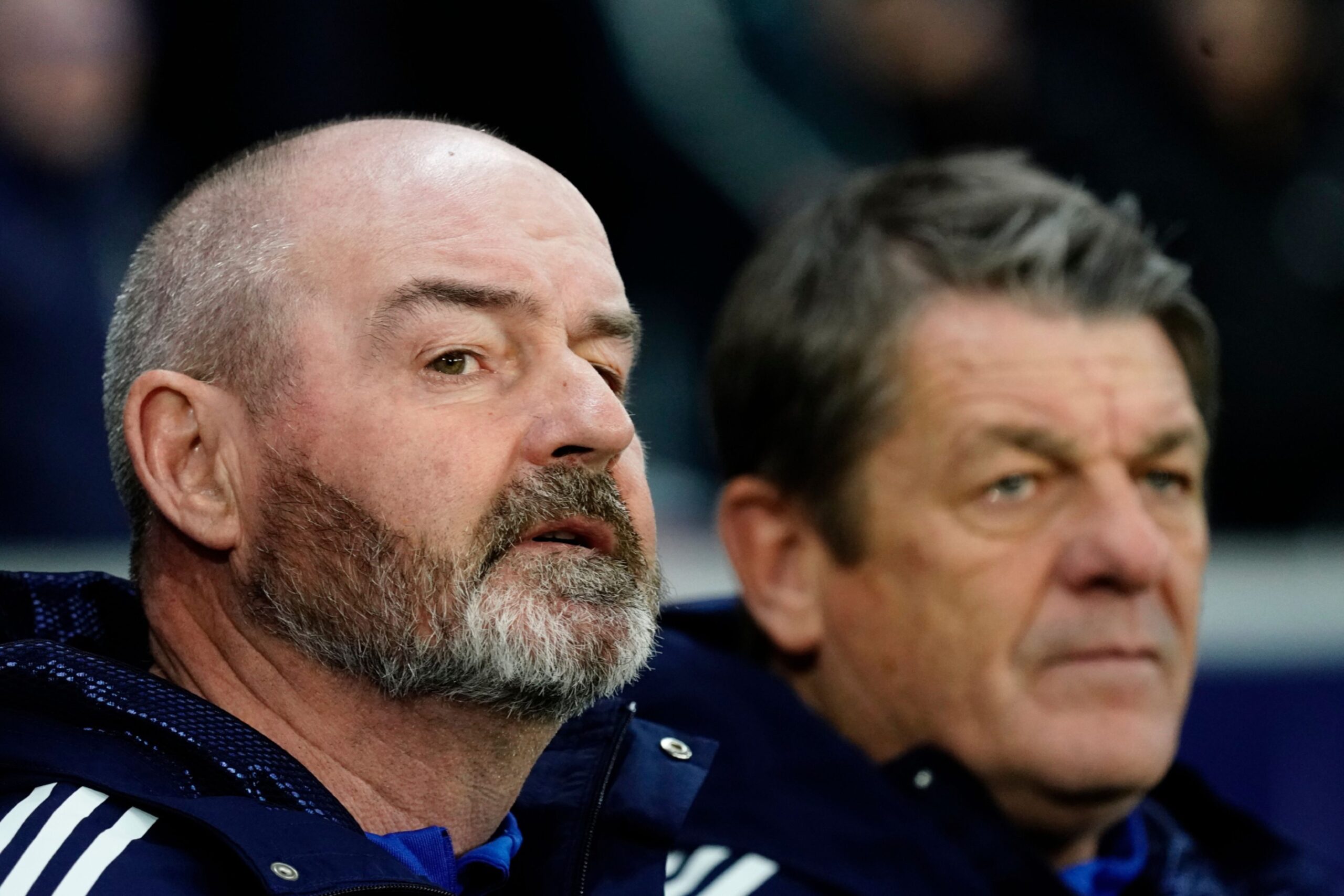
Conversation